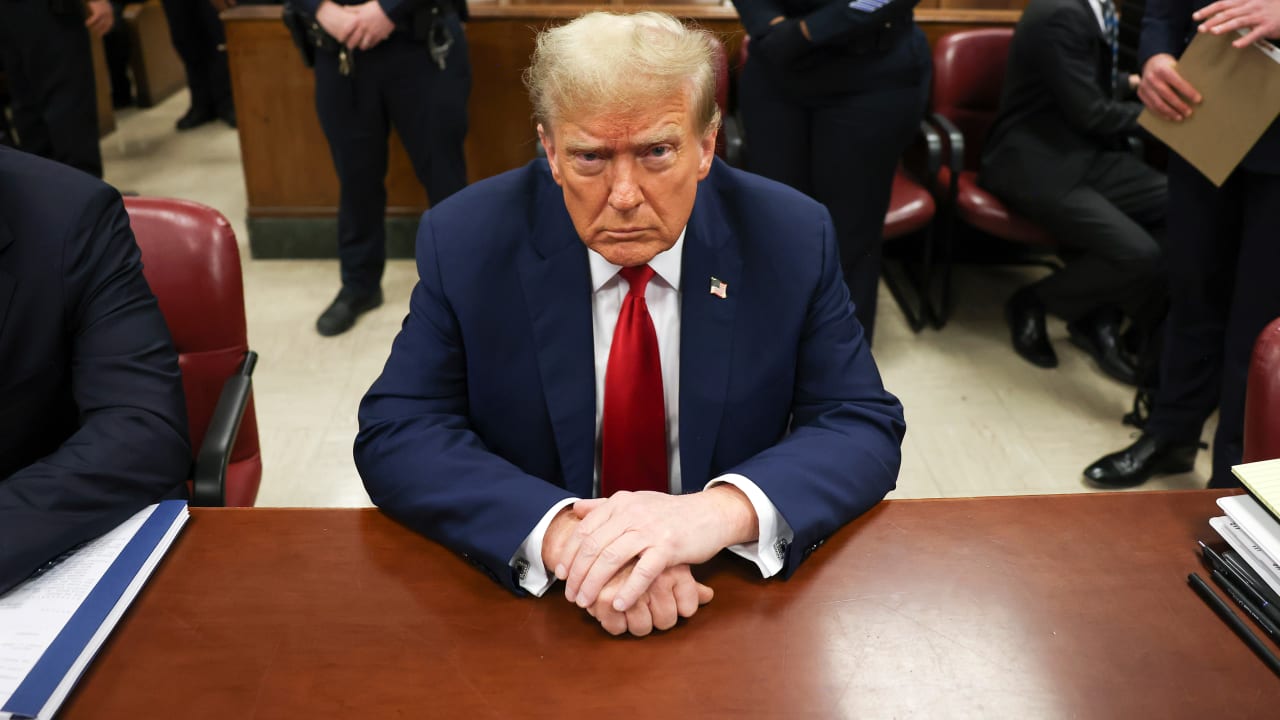The Florida Department of Health has responded to scrutiny regarding the state’s Covid-19 death count, which was reported by the Tampa Bay Times and said the state is following CDC guidelines.
The Times article claimed that Florida’s Medical Examiner Commission reported a Covid-19 death tally that was 10% higher than the one made publicly available by the Florida Department of Health (FLDOH.) The newspaper further reported that the commission has not released a tally in nine days after state health department officials “intervened.”
According to the FLDOH, Covid-19 deaths currently reported to the public include Florida residents only. Currently, the state is reporting more than 1,200 deaths.
“Per CDC, people are listed according to their place of residence. This ensures cases are not inadvertently listed twice,” the FLDOH said in a statement.
For example, if a New York resident dies from Covid-19 in Florida, New York reports the death and Florida does not.
While Florida is not reporting the number of out-of-state Covid-19 deaths publicly, CNN asked the FLDOH for the number Wednesday and obtained the list via email, which includes 43 deaths from other states and other countries.
“Reporting deaths by residency is the appropriate method utilized to calculate disease rates, which allow for a more accurate analysis of disease impacts on populations through the incorporation of demographic data - a critical aspect of public health planning. Population size is determined using census data, which is based on residency,” the FLDOH wrote in a statement to CNN.
CNN corresponded with two medical examiner offices in Florida who confirmed that medical examiners report deaths within their geographic jurisdiction and not by place of residence.
Therefore, the state’s county-by-county Covid-19 death toll and the county-by-county death toll reported by medical examiners will not match.
For example, if residents of New York, New Jersey and Miami-Dade county die in Broward County from Covid-19, the Broward County medical examiner’s office would report a death toll of three. In that example, the Florida Department of Health, which says it is following CDC guidelines, would record a Covid-19 death toll for Broward County of zero.
When asked about the newspaper’s allegation that Florida’s Department of Health intervened with the disclosures of Covid-19 deaths by medical examiners, the FLDOH said the department had concerns about personal information being shared.
“The Florida Department of Health has spoken with counsel for Medical Examiners to explain concerns on disclosing personal identifiable information,” the FLDOH said in a statement.
CNN reached out to the Florida Medical Examiner’s Commission and the governor’s office and did not hear back.















